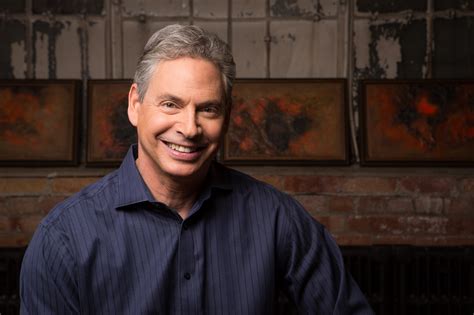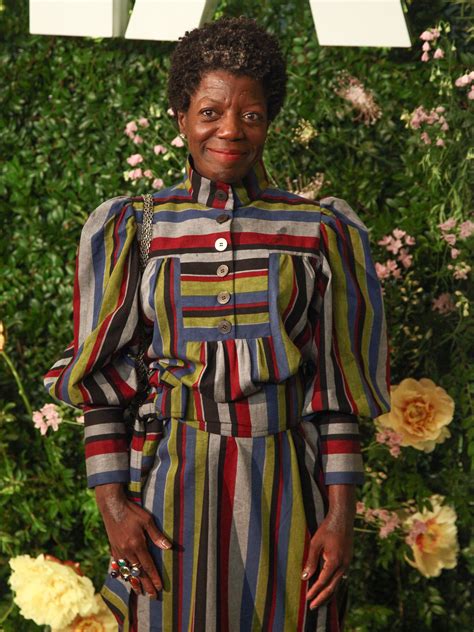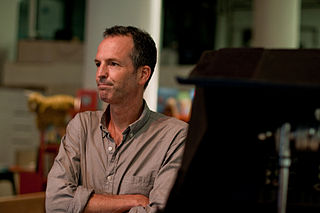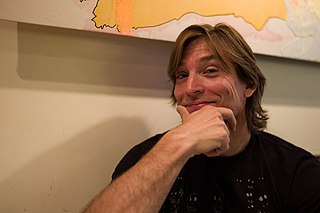A Quote by Mark Rubinstein
Listening is crucial for any novelist. Stories & ideas abound. We too often talk about ourselves & block out the richness others may offer.
Related Quotes
Richness, the ideas of having plenty of money, is not ... an absolute state. Richness is about the amount of money you have compared to the people you see around you. It is about where you are in relation to others, and where they are in relation to you ... and whether you can have the things you want and other people have.
That the boat did not upset I simply state as a fact. Why it did not upset I am unable to offer any reason. I have often thought about the matter since, but I have never succeeded in arriving at any satisfactory explanation of the phenomenon. Possibly the result may have been brought about by the natural obstinacy of all things in this world. The boat may possibly have come to the conclusion, judging from a cursory view of our behaviour, that we had come out for a morning's suicide, and had thereupon determined to disappoint us. That is the only suggestion I can offer.
Dear America, I suppose we should introduce ourselves: We're South Louisiana...You probably already know that we talk funny and listen to strange music and eat things you'd probably hire an exterminator to get out of your yard. We dance even if there's no radio. We drink at funerals. We talk too much and laugh too loud and live too large and, frankly, we're suspicious of others who don't.
I grew up listening to my grandfather's stories of our musical past. He would often talk about the orchestras that played at concerts and the musicians who played on Sunday evenings on street corners. By the time I grew up in the '80s, all of this was a thing of the past. I lived vicariously through his stories and often wondered what it would have felt like to have been part of his generation.
Pity is a sense of our own misfortunes in those of another man; it is a sort of foresight of the disasters which may befall ourselves. We assist others,, in order that they may assist us on like occasions; so that the services we offer to the unfortunate are in reality so many anticipated kindnesses to ourselves.
Long before I wrote stories, I listened for stories. Listening for them is something more acute than listening to them. I suppose it’s an early form of participation in what goes on. Listening children know stories are there. When their elders sit and begin, children are just waiting and hoping for one to come out, like a mouse from its hole.
Right now we have millions of people in our country who are suffering in isolation, thinking that they are the only ones who are dealing with drug addiction, who don't realize that on their own block there are other people and families. They think they're alone and they think they're going to be judged and they don't want to talk about it. But when people do come forward and share their stories it's incredibly liberating, and it gives other people permission to tell their stories too.
Listening is the oldest and perhaps the most powerful tool of healing. It is often through the quality of our listening and not the wisdom of our words that we are able to effect the most profound changes in the people around us. When we listen, we offer with our attention an opportunity for wholeness. Our listening creates sanctuary for the homeless parts within the other person. That which has been denied, unloved, devalued by themselves and others. That which is hidden.
































